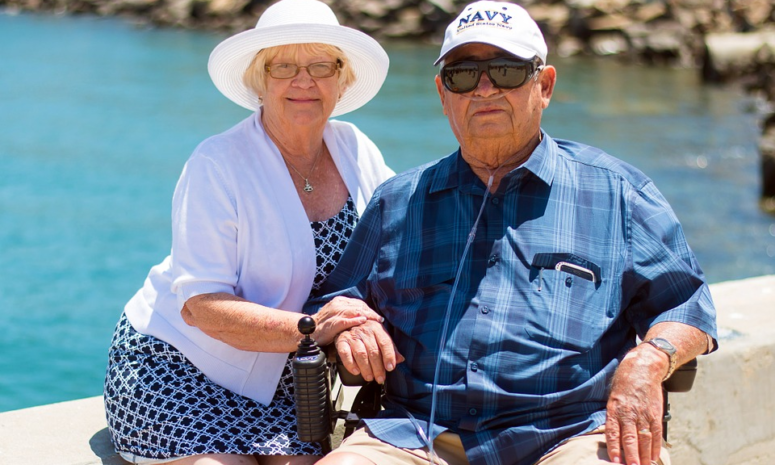
Whether your parent has a physical or mental disability, it can be challenging, if not, demanding to take care of them. You want to keep them safe, but also want to maintain your parent’s independence. Their independence means everything to them. Once they feel like they’ve lost their independence, they’ll start to give up. And, giving up isn’t what you want. You want your parents to be strong, healthy, and independent.
How do you do this?
There are several tips you can follow to ensure your disabled parent has an excellent quality of life. The seven tips are the following:
Conduct Your Research
One of the most important things you can do when taking care of a parent with a disability is researching the disability. Once you understand your parent’s condition, you’ll be better equipped to take care of them. Get to know the symptoms and treatments of their condition. Understand what will make them feel better. The key is to thoroughly research their disability so that you can better take care of your disabled parent.
Network with Other Caregivers
If you can find one or two other caregivers who share the same experiences as you, it can be a strong indication that you’re way ahead of the game. Having one or two people you can confide in, and trust is essential to keeping you mentally and physically healthy. Comparing notes can be a great way to learn how to be an effective caregiver. Ask the other caregivers what’s working for them, and then apply it to your care of your disabled parent.
Encourage Your Disabled Parent
There’s nothing more discouraging than someone who tells you that you can’t do something. Don’t do that to your parents. It would be best if you continuously encouraged them to maintain their independence as much as possible. The key to a healthy life for disabled parents is for them to keep their independence. Your encouragement helps them keep a positive and healthy attitude.
One scenario that tends to apply to most disabled people is their need to wear abdl diapers. Getting your disabled parent to where these adult diapers can be difficult. But, if you establish trust, they’re more likely to accept having to wear the diapers.
Stay Up-to-Date on New Technology
With new research comes new technology. There’s always new technology to help disabled people achieve independence. Again, do your research. If a scooter keeps your mom-mobile, it just may be exactly what you need.
Accept All of Your Feelings
As a caregiver, you go through a slew of emotions. You want to be the most helpful. Then, you resent everything you have to do. Emotionally, you feel like you’re on a roller coaster ride. The good thing is that you can accept these feelings. Accept them, acknowledge them, then dismiss them. Once you come to terms with your feelings, you’ll be able to help your disabled parent live a better quality of life.
Don’t Be Afraid to Ask for Help
Caregiver burnout is a significant problem. So much so that research is being conducted to assess caregiving’s effects on mental and physical abilities. One study indicated that caregiver burnout leads to both physical and mental conditions directly related to the stress of caregiving. In another study, researchers found that caregiving for a family member leads to depression and anxiety.
Since psychological conditions are prevalent, such as depression and anxiety, caregivers of family members must ask for help from other family members and friends. Distributing the caregiving workload will help ease the stress you can put on yourself when trying to do it all alone.
Make Sure You and Your Helpers are Available
You want to make sure you and your caregiver helpers are always available for your disabled parent. Disability can be a tough thing to gauge. You don’t know what they can do independently and what they can’t. To understand their needs, have a conversation with your disabled parent and access their needs. This will tell you how much caregiving you need to do and how much help you need.
If no one is available, be sure to have an alternate plan. You could hire an in-home nurse or install an alarm system that alerts you when you’re disabled parent needs something.
Disability, whether it’s physical or mental, can put a strain on the caregiver. The person, the disabled parent you’re taking care of, may not accept that they need help. So, the first thing you’ll have to do is convince them of their need for your use. Have an open conversation with them. Tell them your observations and let them tell you theirs. Come to a middle ground, and you’ll find the transition into old age for your disabled parent will be a peaceful one.
Once you’ve assessed your disabled parent’s needs, begin to find help with other family members and friends. Do this as soon as possible. The longer you try to do it yourself, the more likely you’ll suffer from caregiver burnout.




